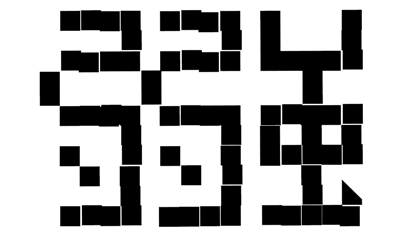It takes courage to face our own weakness.
To admit our mistakes. To be our authentic selves.
To avoid running from loneliness.
It is easy to say, but so much harder to do.
We want to create a world in which
everyone can embrace their weaknesses,
and be accepted as they are.
What is the “Yowai wa Tsuyoi Project”?
“Yowai wa Tsuyoi” means “weakness is strength.”
The name is inspired by the duality of yin and yang -
one cannot exist without the other,
and serve to fortify one another.

Message
-
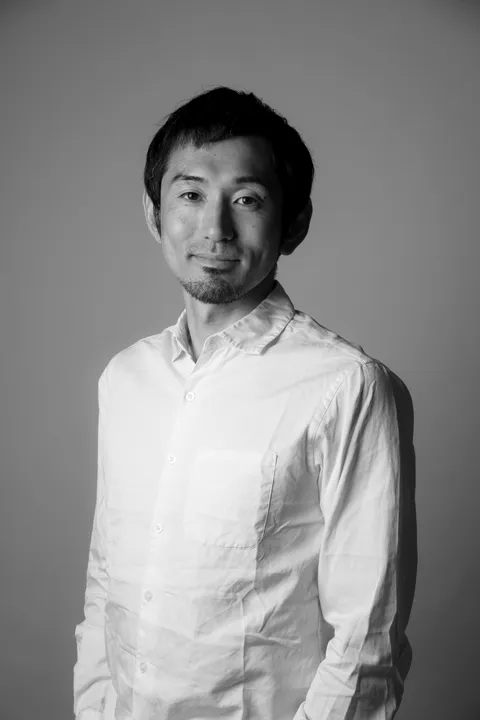 Why is weaknessdeeper than strength?
Why is weaknessdeeper than strength?Former track and field athlete / Japanese record holder in the 400m hurdles
Director of the Athlete Society
Dai TamesueThe book “Fragile” by Seigo Matsuoka explores why weakness is deeper than strength. Strength is something to acquire and maintain, while weakness is something to acknowledge and accept. Pursuing strength involves striving for perfection, but weakness remains imperfect. We often strive to be something we are not, but eventually, we find that there is power in being who we are. When we accept our weakness, the true strength within us will surface.
-
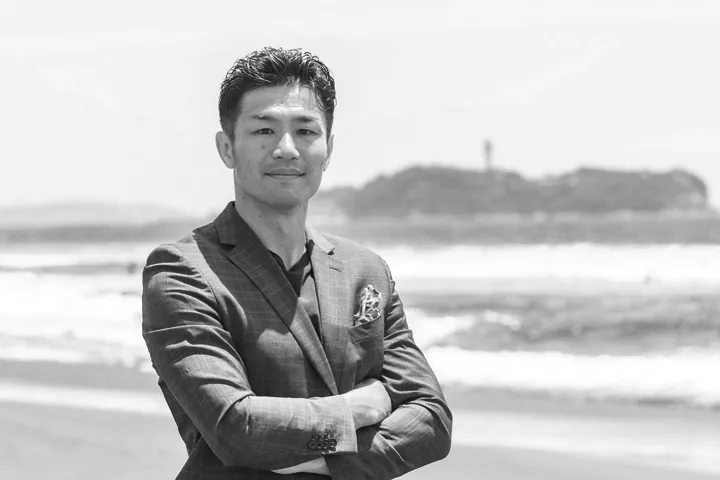 When I expressed my weakness,those around me were ableto be strong.
When I expressed my weakness,those around me were ableto be strong.Former captain of the Japanese national rugby team
First President of the Japan Rugby Players Association
Toshiaki HiroseAs a long-time captain, I always felt that I had to lead with strength. But I was wrong. By allowing those who had more strength than I did to lead, they shined, and everyone gained a role in the team. My weakness became an opportunity to highlight the strength of others. When I acknowledged my weakness and relied on my teammates, I surrounded myself with people who could help me. No one is perfect. Weakness is not a fault. If we admit this and help each other, we gain people we can truly rely on.
-
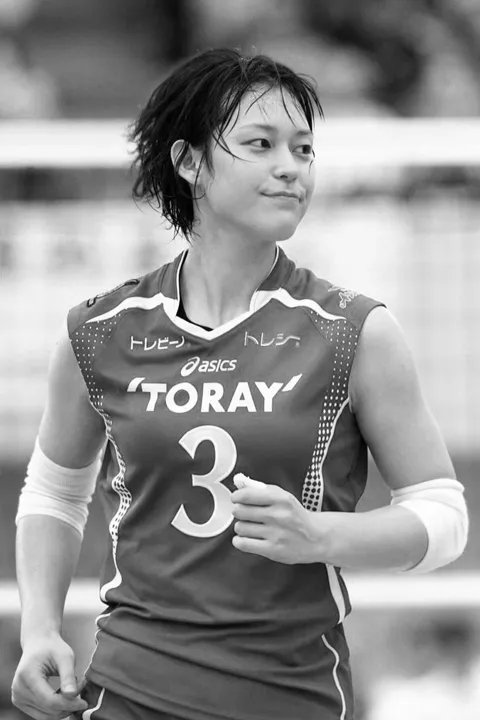 I acted strong in a desperateattempt to hide my weakness.
I acted strong in a desperateattempt to hide my weakness.Former women’s volleyball player
Member of the Japanese national team at the 2004 Olympics
Kana Oyama“If you don’t come first in Japan, if you can’t make it to the Olympics, you are worthless.” This was the narrative I kept telling myself. I had always been the best in the country since I was in grade school, and I could only believe in my worth by continuing to stay at the top. I think this was my greatest weakness. I was unable to show my vulnerability to others, and I desperately hid that side of me to play the role of a strong person.
-
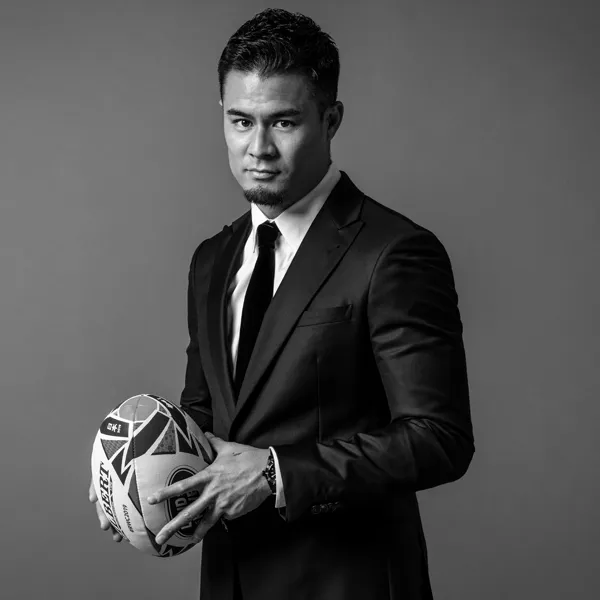 Understand your weaknesses,and open yourself up to others.
Understand your weaknesses,and open yourself up to others.Member of the Japanese national rugby team
Yu TamuraStrength is easy to see, whereas weakness is hidden away. The stronger you are, the more you try to hide your weaknesses. The stronger you are, the more you are criticised when you fail. This makes people determined not to fail. I was the same until just a year ago. This is why I decided to share my fears to those around me. I realised that we are all pretty much the same, and that failure is part of who we are. What is important is to understand your own weakness without hiding it. And if you communicate this to those around you, you will be surrounded by people who can truly reach out, and help you gain your strength.
-
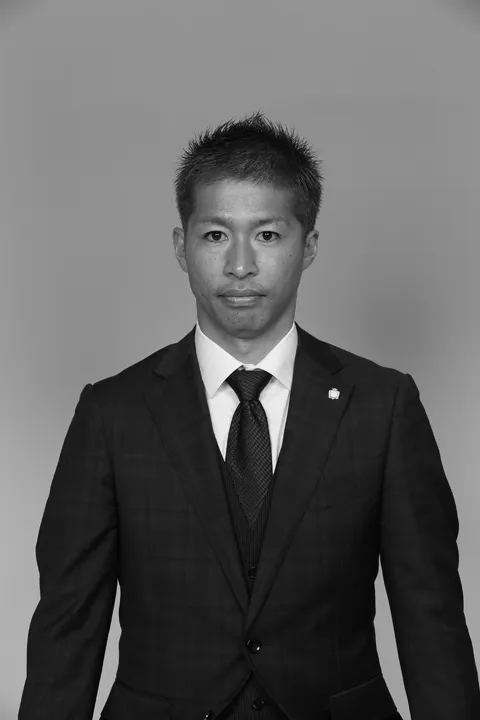 The strongest peopleare those who can showtheir weakness.
The strongest peopleare those who can showtheir weakness.Former J-League player
Sanfrecce Hiroshima
Koji Morisaki“The strongest people are those who can show their weakness.” This was what my psychiatrist told me. To be honest, I was embarrassed and even ashamed to reveal my innermost feelings. When I was an athlete, I was unable to show or even admit to myself the weaker parts of me. I suffered when I could not reach my own standards, and it took a toll on my mental health. Now I can accept all of myself, including my weaknesses. I cannot say that it is my strength yet, but I’m beginning to like this part of myself.
-
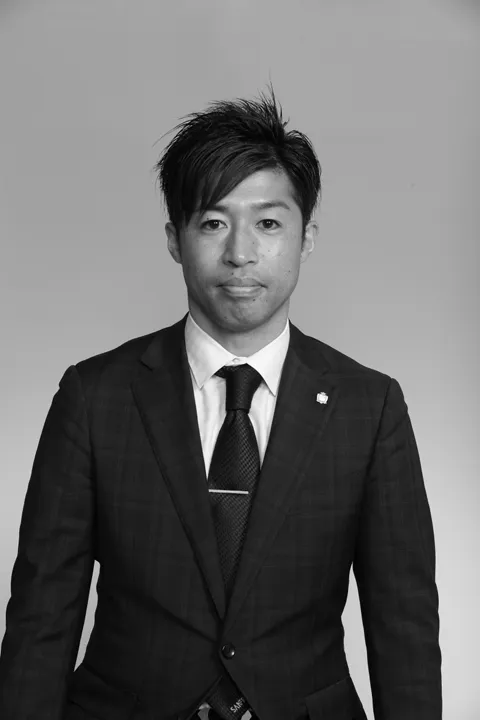 I found the courage toshow my vulnerable side.
I found the courage toshow my vulnerable side.Former J-League player
Sanfrecce Hiroshima
Kazuyuki MorisakiI always had high expectations for myself. When I could not reach them, I turned on myself, which crushed my mental health. I repeatedly put myself down, and fell into despair. I realise now how important it is to take care of myself. I was relieved when I finally found the courage to open up to those around me, and they understood and accepted me. It is essential that we allow other people in, even if it’s just a little bit.
-
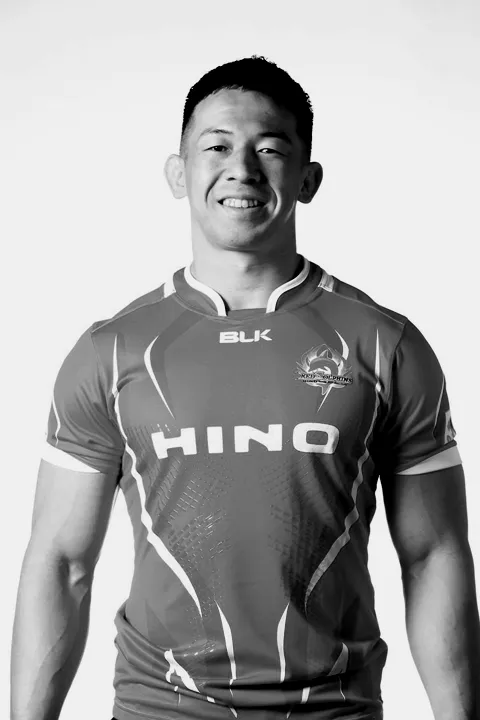 Weakness can connectus with others.
Weakness can connectus with others.Rugby player
Former member of the Japanese national rugby team
Tsuyoshi MurataI think it is when we share our weakness that we are truly connected to people. Saying “I need help” or “I understand what you’re going through” deepens our bond. It takes courage to show our weakness, which is why I decided to open up more. I feel like the people who know my weakness are more connected to me than those who admire my strength. I have to admit though, it took me a long time to realise that.
-
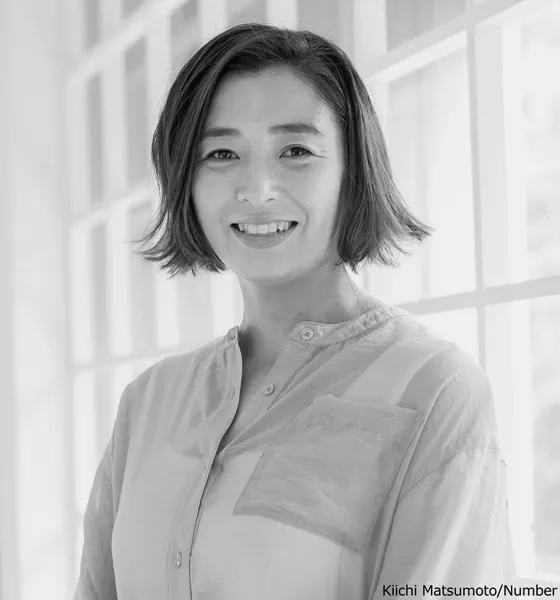 Individuality is bothour strength andour weakness.
Individuality is bothour strength andour weakness.Former national swimming team member
Doctor of Sports Health Science
Director of Never Stop Playing Sports and Leader of the 1252 Project
Hanae ItoI’ve always been told that I am emotionally weak. I thought that, in order to win, I had to become stronger. But I finally found out what true strength was after leaving the sport and going to graduate school, and that was to know myself. A strong person knows who they are, and is in touch with their feelings. It’s okay to be vulnerable. Athletes are human, too. Individuality is composed of strengths and weaknesses, so we have to start by knowing both. By getting to know yourself better, you can create a unique new chapter within your life.
-
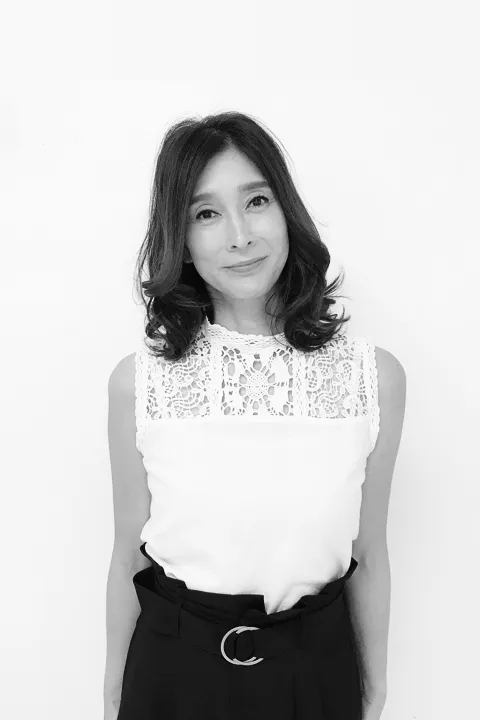 I was the best,and yet I was scared.
I was the best,and yet I was scared.Former member of the Japanese volleyball team
Founder of the Coaches Shouldn’t Get Angry Tournament
Naomi MasukoIt is my weakness that gives me clarity today. When I experienced hair loss, I coloured the bald spots with a marker, not wanting anyone to know this about me. In the game, I was afraid of the tosses coming to me, even though I was the best player on the team. I kept beating myself up, telling myself that I was weak and not good enough to compete. All I could think about was retiring. It took me a long time, but now that I have been able to accept myself, I have learnt so much. All of my experiences led me to establish the Coaches Shouldn’t Get Angry Tournament.
-
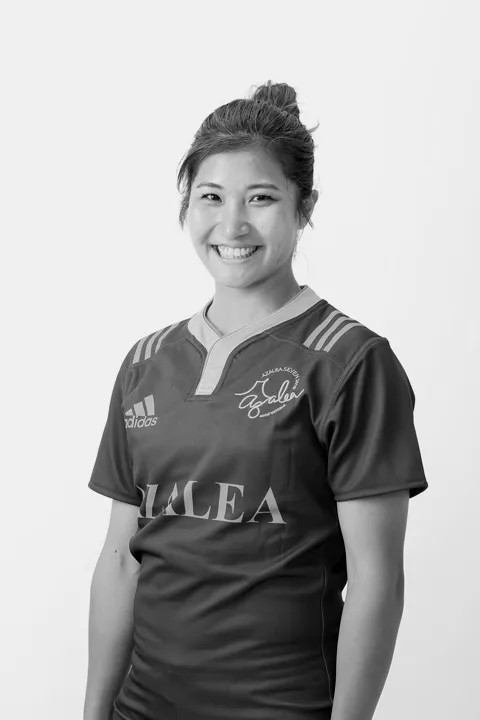 I exposed my innermost selto those around me.
I exposed my innermost selto those around me.Rugby player
Former member of the Japanese national rugby team
Makiko TomitaI was pushed to the limit both physically and mentally as we prepared for the Rio Olympics. Within one minute of the start of the game, I had a concussion and left the athletes’ village. The next year, I was suspended from the World Cup with a red card. At the Tokyo Olympics, the first time I was a national candidate since Rio, I tore a ligament in the selection process. I kept cracking my own whip, but without the results to come along with it, I was reduced to ashes. I lost sight of my goal and purpose, and could not lift myself up. This was when I threw away the “Olympian me” and exposed my true self to the world, and everything became easier. I found friends who supported me as a person, not just as an athlete. The courage to expose my weakness saved my life.
-
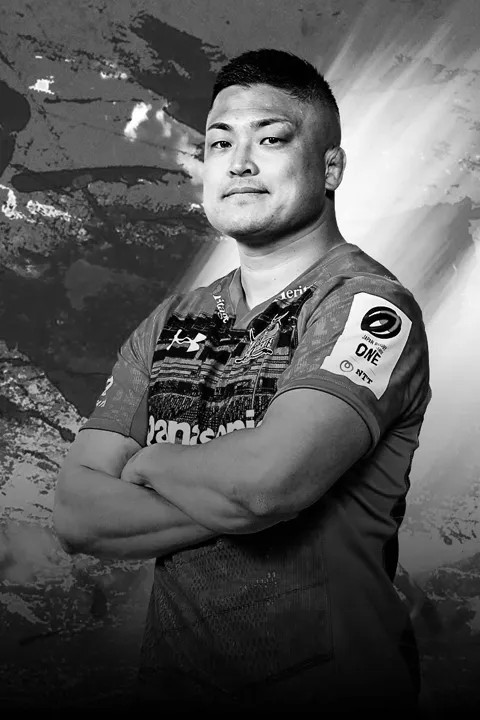 It’s okay to be me.
It’s okay to be me.Former rugby player
(Retired in 2022)
Former member of the Japanese national rugby team
Kotaro YatabeI was shy and afraid to speak in front of others. When I was first made captain of the rugby team in high school and college, I thought I had to lead the team, and there were days when I felt crushed by the responsibility and pressure. Sometimes, I wanted to give up. But when I opened up about my true self to those around me, I was able to act more like me. By admitting my weaknesses to myself and showing them to others, I was able to connect and relax. I realised that it’s okay to be me.
-
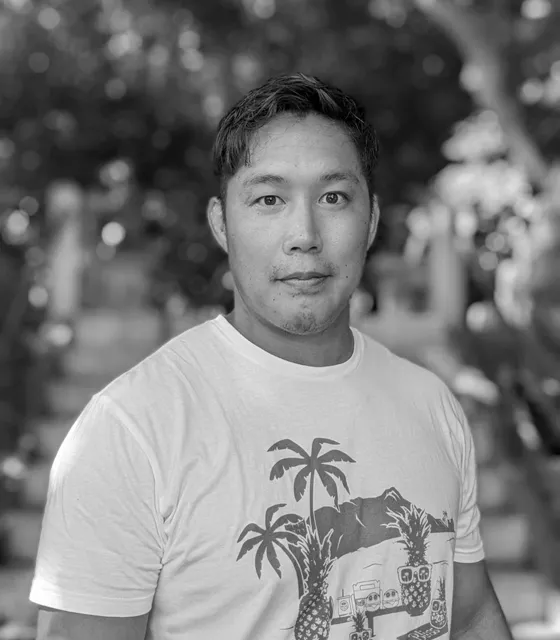 Weakness connects us.
Weakness connects us.Rugby Player
NTT Docomo Red Hurricanes Osaka
Daisuke KuriharaI have been injured for most of my active career. I was fed up with the repeated setbacks, depressed by the unsteady healing process, and turned on myself for not being able to work harder. Every day I was confronted by my own weakness. But when I looked to those around me, I found others who were suffering in the same way. I decided to confide in them about my pain, and to listen to theirs. By doing so, I felt motivated to do better. We inspired each other to overcome obstacles together, and when they overcame theirs, I was as happy as if it were me. Our weakness deepened our bond, and gave birth to even greater joy. I think that the strength of a person can be found in the depth of these connections.
-
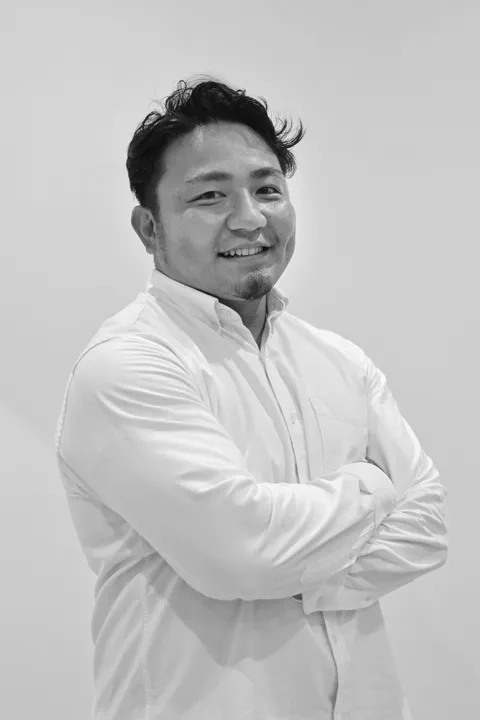 We are all human.
We are all human.Rugby player
Member of the Japanese national rugby team
Fourth president of the Japan Rugby Players Association
Takeshi HinoWhen I was able to expose my weakness to those around me, I made true friends who understood and supported me. I felt as if my world had expanded and that I could enjoy playing more. I realised that rather than looking at a person’s position or title, it is essential to understand them as human beings.
-
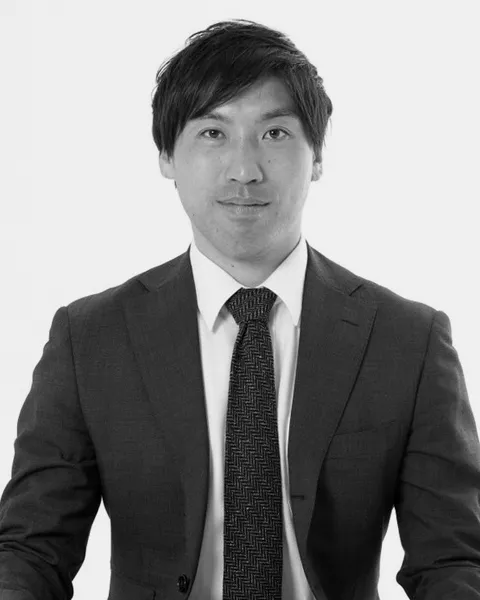 I was wrong to thinkI always had to be strong.
I was wrong to thinkI always had to be strong.Former rugby player
(Retired in 2017)
Taku WadaWhen I became captain, I promised myself that I would not complain or confide in others. I remember spending my days with this narrow perspective, almost being crushed under the pressure, and feeling relieved when the season was finally over. It was not until much later that I realised that I was wrong. Time moves forward even when our hearts are dark, sobut we have to do our best to find brightness in the present. Admit your weakness to yourself and talk to someone close to you. This allows you to connect more to others, and makes life more vibrant. I hope the world becomes a place where these small acts of courage are accepted and appreciated.
-
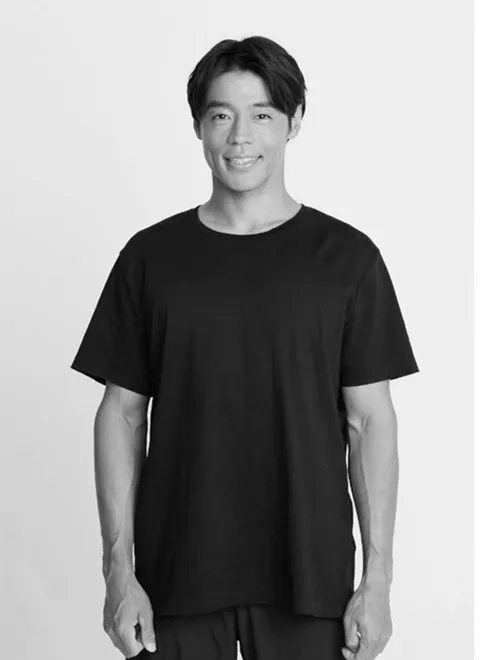 We have to reach our ownunique goal.
We have to reach our ownunique goal.Canoeist
Rio Olympics bronze medalist
Takuya HanedaToday, it is so easy to compare ourselves with others, so I wanted to create a pace that is comfortable for me. All of our paces are unique and different. The tortoise was able to finish slowly and without stopping because he knew his own weakness. If he had run at a comparable speed with the hare, he may have injured himself. The important thing is to reach the goal, and that goal does not have to be the same as others’. You can decide for yourself where you stand.
-
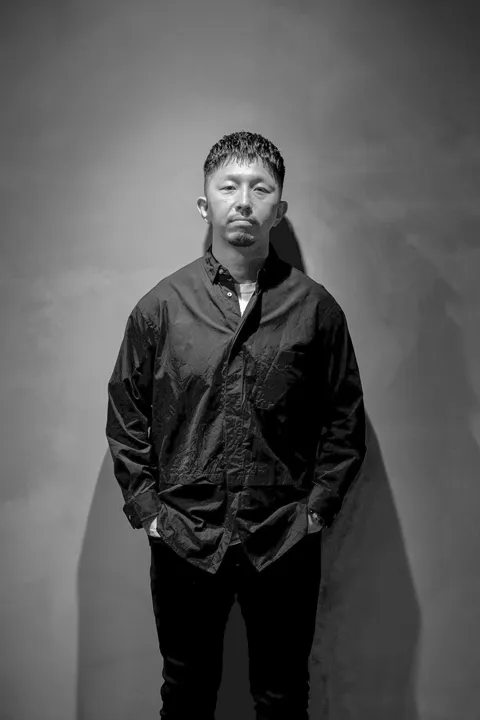 You can be strongerthan before.
You can be strongerthan before.Former rugby player
(Retired in 2020)
Ryota InahashiThe loneliness I felt when I left rugby was the most painful emotion of my life. I thought I would never experience that, and I did not want to show that side of myself to those around me. I wanted to resolve it myself, but it just became more and more painful. It was my family and friends who saved me from the pain. Talking to loved ones about my suffering was challenging, but when I was able to overcome that challenge, the future in front of me became brighter, and I felt stronger than before.
-
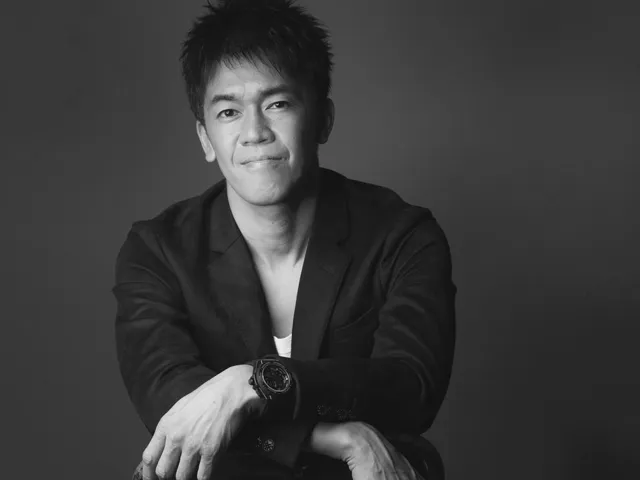 I learned to protectmy weak self.
I learned to protectmy weak self.Former track and field athlete
Television personality
Sou TakeiWhen I feel like I’m going to be defeated by my weakness, I first acknowledge to myself that it’s okay to be wea. Accepting my weakness motivates me to train more, to learn more, and to protect myself when I need to.
-
 Why this project
Why this projectProfessional rugby player
Third President of the Japan Rugby Players Association
Shin KawamuraI am currently a rugby player, but am also involved in initiatives to strengthen the support system surrounding players within the Japanese rugby world.
Among these endeavours, the “Yowai wa Tsuyoi Project” is especially important.
The public perception of athletes is that they are strong, courageous, and healthy in both mind and body. Many see them as heroes who can face any challenge, and have the impression that they are always cheerful and friendly.
Of course, the impression itself is not necessarily bad, but the pressure to always be this way can become a burden on athletes.
To address this, we believe it is meaningful and impactful for athletes to speak authentically. We hope that by taking the initiative and openly confronting mental health, athletes can help alleviate prejudice and pressure related to mental health, and contribute to a society in which seeking help and treatment is commonplace.
In this project, we will conduct mental health care research and educational activities with the help of experts in the field. The goal of these activities is to create change in mental health awareness among people throughout Japan, including athletes from other sports. Furthermore, we aim to improve what is called “mental fitness,” or the ability to recognise and flexibly respond to your mental state.
This concept of “mental fitness” starts with accepting your vulnerabilityweakness. Please take this opportunity to listen to yourself and those around you. Share your feelings and thoughts with them. Accept all of your weaknesses and strengths, and be responsive to them. I believe this is true strength. Let’s make the world a place where everyone can easily express their weakness, and feel connected – not despite of – but because of this.
